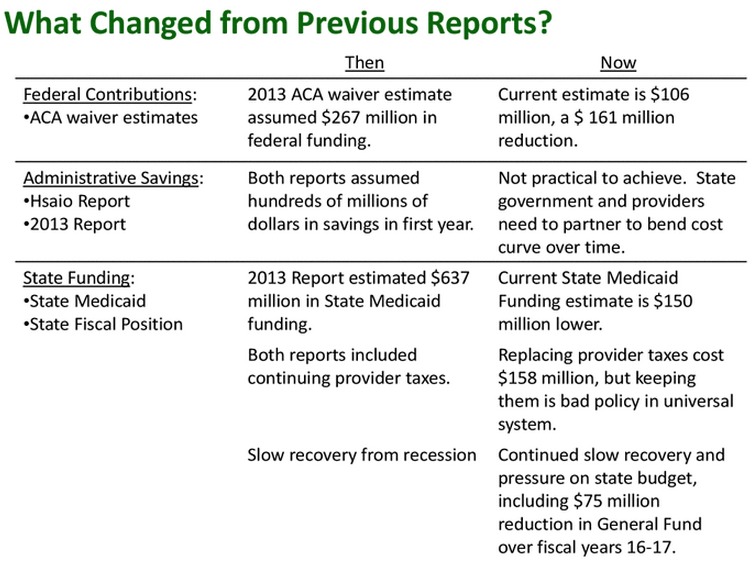- Aug 10, 2009
- 168,037
- 16,519
- 2,165
- Banned
- #21
I am not even going to go into how the problem has not been defined...so the solution is never clear.
My point in posting this is that they are looking at it and they should learn some things.
Obama would have done well to look at Tenncare which has been around a long long time.
Now....
If Mass has Romneycare....
Tenn has Tenncare......
Vermont gets something.....
Are not the states doing the will of the people......
And if the will of the people in a state is that they don't want it......
Then let's scrap this mess they call Obamacare.
Glad you came around to state level health care for the people.
Good for you. And the people have ACA who can't or won't do through the state.


 I said four years ago when they passed this shit it would never get implemented. If Vermont can't afford it how the hell are we supposed to do it nationwide?
I said four years ago when they passed this shit it would never get implemented. If Vermont can't afford it how the hell are we supposed to do it nationwide?

